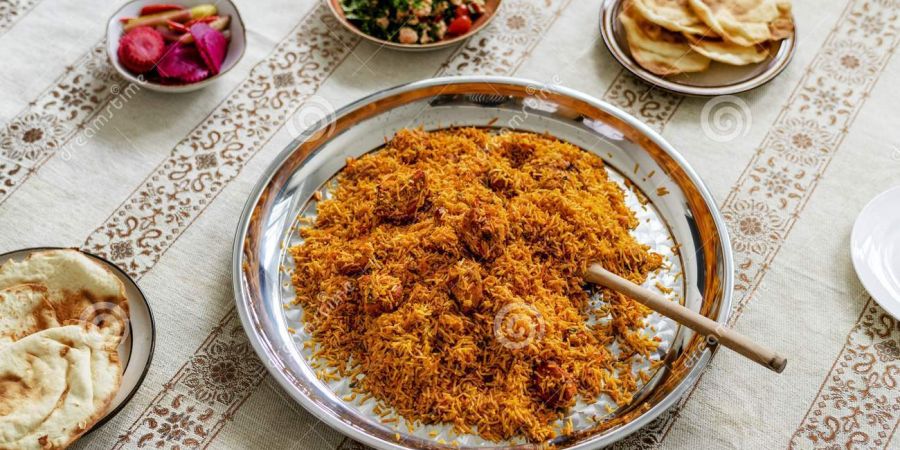

At the point when the country is discussing halal and holonomies, my psyche perpetually returns to Goa right around 10 years prior. Something really doesn't add up about Goa that has generally captivated me, aside from its sea shores and food varieties. The spot simply dials you back, makes you light hearted, thoughtful and attentive. Along these lines, there I was with my significant other and companions - a Muslim couple. We were strolling relaxed along a thin Go an back street one evening, searching for a restaurant with valid nearby food sources. We viewed as one however as we entered its premises, my companion hurried forward. "Perhaps he's excessively eager," I thought. When we could observe a table, he was back, flagging us not to sit. The spot didn't have the food we were searching for, he said. We continued the pursuit once more. Before long, we were at the doors of another diner. What's more, once more, my companion hurried forward and returned with the equivalent firman!
Fortunately, we observed the right eatery sometime later and we made due with a lavish lunch and drink. It was just later, and an opportunity hearing of a discussion, that I understood that the whole café it was halal-driven to jump try. I ignored it when I originally heard it. Yet, I realized this was not a make a difference to be chuckled away.
For, a solid, non-debatable message was conveyed to cafés that day: That a part of purchasers wouldn't enter their premises assuming they disregarded halal standards. Since keeping both halal and jhatka food varieties in a café implies multiplying the running expense, the path of least resistance has been to adapt to the "oppression" of the confident minority at the expense of the uninterested, laidback larger part.
No big surprise, in 2019, when American cheap food chain McDonald's openly reported serving just halal meat items in India, it scarcely came as a shock. So was the situation when Air India in 2017 admitted serving just halal meat on its flights, despite the fact that most of flyers were non-halal eaters. All the while, in addition to the quiet larger part yet additionally other not-so self-assured however faithful minorities like Sikhs (who are prohibited from having halal meat) was had a good time with. A Hindu was told to browse items that is Islamic in nature. More awful, a Sikh was caused to feel unfortunate.
The issue, in any case, is significantly more than whatever Nassim Nicholas Taleb advances in his book, Skin In The Game, where he makes sense of how it is the most prejudiced, howsoever infinitesimal they may be, who win in monumental their perspectives on the larger part. It is more about authority - social, social and financial. As the continuous Himalaya discussion proposes, halal isn't just about food. It's tied in with normalizing the Islamic lifestyle.


